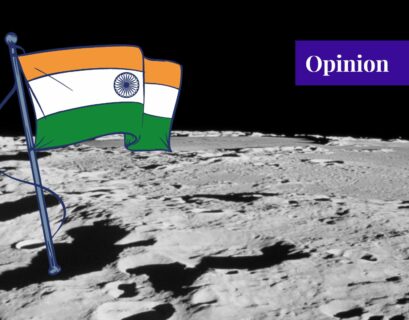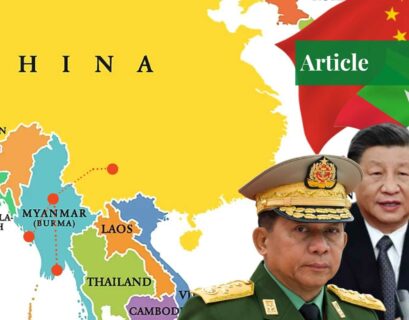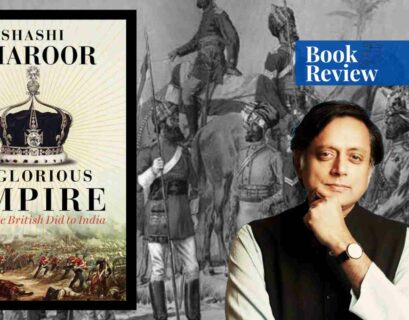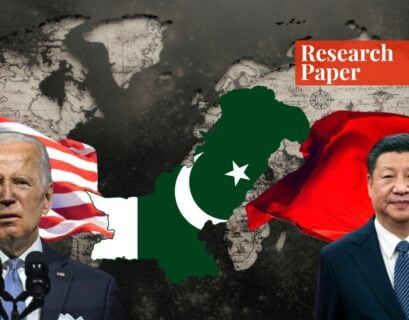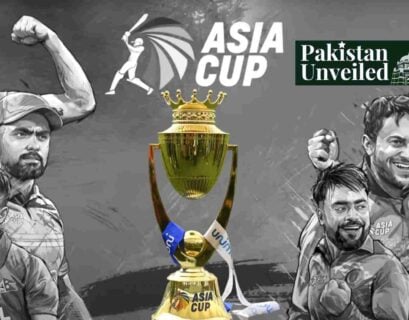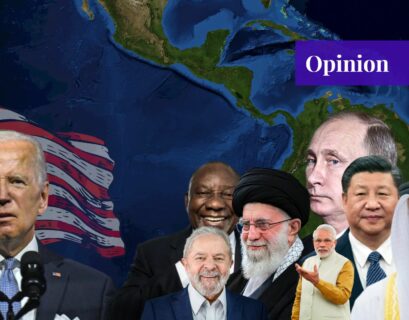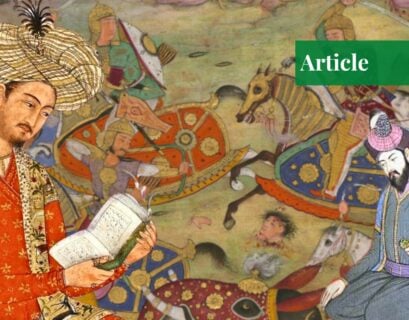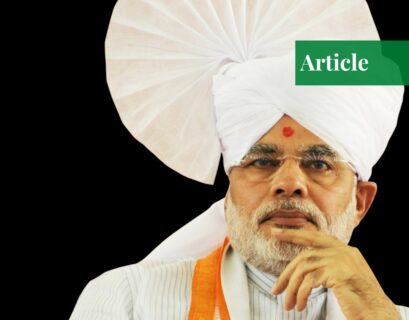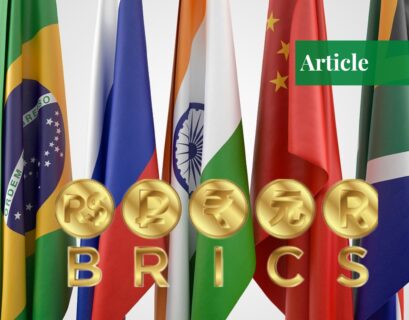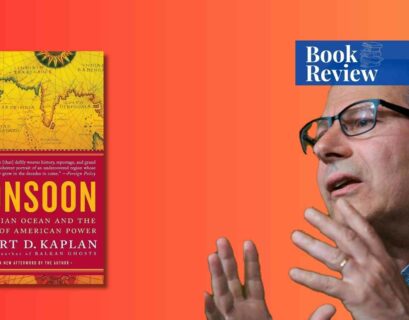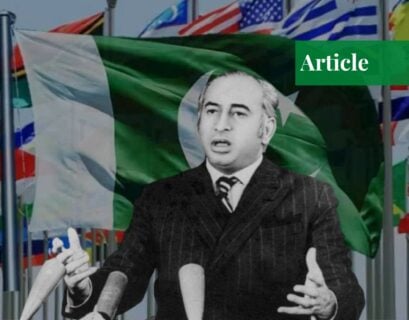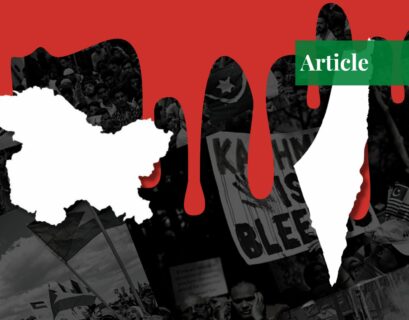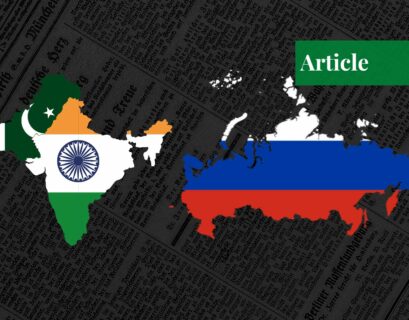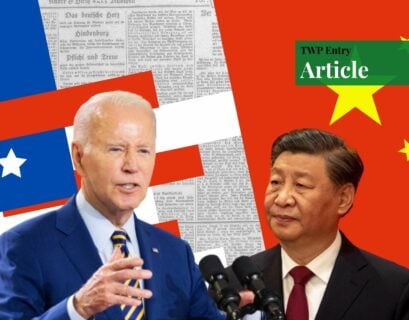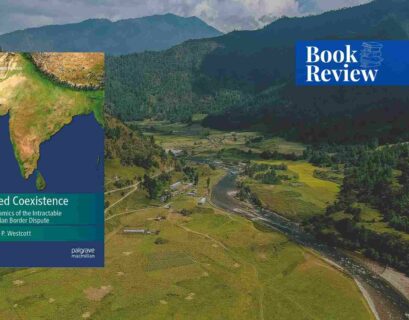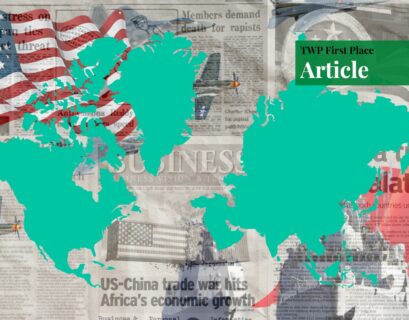India’s Moon Landing: A Remarkable Milestone
India has achieved a momentous milestone by successfully landing a spacecraft, Chandrayaan-3, on the Moon. This groundbreaking endeavor, which has garnered global attention, marks a significant step for the country’s space exploration program. The mission, led by the Indian Space Research Organisation (ISRO), showcases India’s prowess in the field of technology and highlights its commitment to pushing the boundaries of scientific innovation. With this successful landing, India joins an exclusive group of nations that have achieved the remarkable feat of a lunar landing.
Introduction to the China-Myanmar Economic Corridor (CMEC)
The China-Myanmar Economic Corridor (CMEC) is a strategic infrastructure project of China’s Belt and Road Initiative (BRI) aimed at connecting China with Myanmar’s major economic centers.
CMEC was endorsed by Chinese President Xi Jinping during his visit to Myanmar in January 2020, marking the culmination of China’s efforts to reconstitute Sino-Myanmar relations after Myanmar’s democratic transition.
Inglorious Empire: What the British Did to India
Shashi Tharoor’s “Inglorious Empire: What the British Did to India” is a provocative and insightful analysis of British colonial rule in India.
Tharoor, the accomplished author, politician, and ex-diplomat, challenges popular narratives that romanticize and glorify colonialism by offering an honest assessment of the British Raj.
He highlights the economic exploitation, deindustrialization, famines, and political manipulation that took place under British rule in India.
Navigating the Sino-US Rivalry: Pakistan’s Strategic Dilemma
Yashfa Ahsan reflects on Pakistan’s intricate position amid the Sino-US rivalry. The South Asian state’s strategic location demands a multifaceted and balanced approach in its foreign policy and international relations. The author acknowledges the implications of India and the US’s engagement in the Indian Ocean Region for Pakistan’s security and economy. Bearing this in mind, she emphasizes that, with key players like India, Iran, and Afghanistan drawn into this rivalry, Pakistan must establish itself as a reliable economic and strategic partner for the states involved.
Asia Cup 2023
Jointly hosted by both Pakistan and Sri Lanka, Asia Cup 2023 is the 16th edition of the men’s Asia Cup. Played in the One Day International (ODI) format, the matches leave cricket fans glued to their screens. The matches began on 30th August and will conclude with the final on 17th September.
BRICS’ New Members: Changing Tides & the Impact on the US
BRICS, a group comprising the world’s strongest economies, has been overlooked in the past. However, today, it has emerged on the global political stage as a formidable force.
Aqsa Shaukat assesses the changing dynamics of BRICS to determine whether it will pose a threat to the established Western political order.
From introducing its own currency to welcoming new members, the group is now on its way to achieving independence from Western influence.
The First Battle of Panipat
The First Battle of Panipat, which took place on April 21, 1526, is remembered as a turning point in Indian history.
Sultan Ibrahim Lodi’s forces and the Mughal Army under Mughal emperor Babur (a descendant of Genghis Khan and Timur) fought a titanic battle. This crucial conflict changed the course of history by establishing Mughal control in the Indian subcontinent.
Interestingly enough, the Mughals introduced gunpowder-powered weapons and field artillery to the Indian subcontinent in this fight, setting new standards for warfare at the time.
Modi’s Uniform Civil Code: A Threat to the Muslims of India
Indian Prime Minister Narendra Modi has once again become a topic of discussion as he’s decided to bring up the long-debated Indian civil code before the national elections. The Uniform Civil Code (UCC) will mean a set of common personal laws for all the country’s citizens regardless of their religion. Clearly, he wants to use this legislative appeal to sway a majority of the masses in his direction, but is that the predicted outcome? Ideological dissent is making headway in India, and this move by the BJP is threatening the longstanding Indian claim of being the world’s largest secular democracy.
BRICS Currency: Reshaping Global Economics
Sibra Waseem asserts that the US interest rate rise, monetary policy, and geopolitical tensions on global trade prices have fed the move for a BRICS currency. Where approximately 88% of worldwide commerce is currently handled in US dollars and accounts for 58% of global foreign exchange reserves, the BRICS currency would certainly shift the tides of geoeconomics. She, however, notes that the possibility of a BRICS currrency is marred by tensions between states comprising the powerful bloc.
Monsoon: The Indian Ocean and the Future of American Power
“Monsoon: The Indian Ocean and the Future of American Power” by Robert Kaplan is a captivating exploration of the geopolitics, history, and culture of the Indian Ocean. Published in 2010, the book seamlessly weaves together Kaplan’s personal travel experiences with strategic analysis and geopolitical insights. The title cleverly draws parallels between the region’s unpredictability and the monsoon, underscoring its significance in global power dynamics. Overall, it serves as a concise guide to understanding the past, present, and future of this crucial region
Unveiling the Legacy: How Zulfikar Ali Bhutto Shaped Pakistan’s Foreign Policy
Fatimah Naeem delves into the tumultuous era of Zulfikar Ali Bhutto’s leadership in Pakistan and the profound impact it had on the country’s foreign policy. With a vision of assertive diplomacy, Bhutto navigated a complex geopolitical landscape, facing both formidable challenges and remarkable triumphs. From his ambitious pursuit of nuclear capability to the redefinition of Pakistan’s role in the Muslim World, the author explores the changes in Pakistan’s relations with its neighbors and the US.
Parallels between Palestine and Kashmir
Palestine and Kashmir are two of the world’s most drawn-out and complex conflicts to date. They are multi-dimensional, focusing not only on a territorial epicenter but an ideological one as well.
Hafsa Ammar focuses on the several parallels between these two conflicts: a Muslim-majority population, colonialism, regional enmity, geostrategic importance, among others.
Assessing the Implications of Pakistan-Russia Cooperation for India
Pakistan and Russia have had a long and complicated history, with relations only recently starting to warm up. But what impact will this newfound friendship have on India’s relationship with Russia?
As two of the world’s largest countries, Russia and India have maintained a strategic partnership for decades, working together on everything from military defense to space exploration. But with Pakistan now cozying up to Russia, could this threaten India’s standing as Russia’s top ally in the region?
Ayesha Javaid contemplates the answer to this complex question by considering the different factors at play, including historical ties, geopolitical tensions, and economic interests.
The New Global World Order: Aging Gracefully
The end of the Cold War marked the beginning of American exceptionalism, as we know it now. The three decades following the fall of the Berlin Wall witnessed the capricious acts of the US, from its unilateral wars to blatant violations of other international rules and norms.
However, since the 2007 economic meltdown, the doctrine of American exceptionalism has faced decadence as has the economic growth of the country. Meanwhile, other factors, such as the rise of China, the resurgence of Russia, and the nuclear proliferation of other countries kept on playing their fair share in bringing the world to a multipolar environment.
Armed Coexistence: The Dynamics of Intractable Sino-Indian Border Dispute
By applying neoclassical realism to the China-India border conflict, Stephen P. Westcott sets out on a path to provide a clear understanding of the issue. In his book “Armed Coexistence: The Dynamics of Intractable Sino-Indian Border Dispute,” he analyzes the two neighboring states’ approach to conflict resolution.
Rather than escalating tensions or seeking a compromise, both China and India tenaciously cling to the status quo. Their persistence to uphold the status quo has ensured that the Sino-Indian conflict remains unresolved, despite periodic border clashes and numerous rounds of negotiations.
The World’s Power Distribution from Pax Americana to Asianization: A New Geopolitical Landscape
A multipolar world could hardly be considered elusive, given the intensity of the geopolitical currents.
And while the US is still standing tall, for how long will it be able to do so with China taking the lead in global affairs?
The US would eventually be forced to take extreme action or risk losing its status as a global power and becoming irrelevant as the world moves to multipolarity.
A History of Modern South Asia: Politics, States, Diasporas
Ian Talbot’s “A History of Modern South Asia: Politics, States, Diasporas” provides a thorough analysis of the political, social, and cultural changes that have occurred in South Asia from the colonial period to the present.
Through his extensive study and analysis of the region, Talbot highlights nationalism, border disputes, sectarian and ethnic violence, and economic development.
